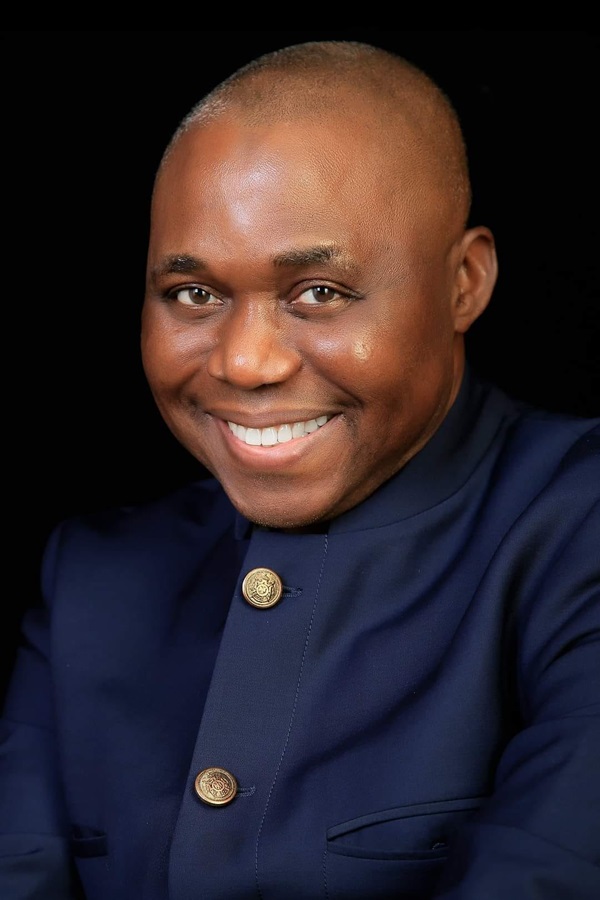
A renowned gynaecologist and chief executive officer, Nisa Medical Group, Dr. Ibrahim Wada has emphasised the crucial role Nigerian medical professionals in the diaspora can play in enhancing healthcare delivery in the country.
Speaking during an interview with Science Nigeria, Wada highlighted the growing importance of engaging Nigerian healthcare talent abroad, particularly in specialised fields.
With over 60,000 Nigerian medical professionals working in countries like the United States, United Kingdom and Canada, Wada said he sees immense potential in leveraging their expertise to address critical healthcare gaps in Nigeria. “The realities of healthcare in Nigeria are changing, and the involvement of our medical professionals abroad is no longer optional but necessary,” he said.
He pointed to specialised fields such as IVF, renal transplantation and orthopaedic surgery, where diaspora professionals could make a significant impact. However, Wada acknowledged the challenges that hinder their involvement. Through a SWOT analysis, he identified strengths such as strong familial ties and a growing domestic demand for quality healthcare. Weaknesses, however, include bureaucratic hurdles, inadequate infrastructure and high engagement costs.
“The willingness to help is there, but without proper facilities and better advocacy for local health workers, we won’t be able to maximise the potential of the diaspora,” he added.
Wada also cited several successful examples of diaspora engagement. Nisa Premier Hospital has made strides in IVF and genetics, while Garki Hospital’s public-private partnership (PPP) has enabled procedures like open-heart surgeries and renal transplants, thanks to diaspora collaboration. He also mentioned organisations such as the Association of Nigerian Physicians in the Americas (ANPA) and the Medical Association of Nigerians Across Great Britain (MANSAG), whose members have participated in medical missions and skill transfer programmes.
Wada proposed that future engagements should involve comprehensive needs assessments, preparing local staff and patients before diaspora experts arrive and ensuring proper follow-up after treatments. He also stressed the need to improve social amenities and security to attract more diaspora professionals to Nigeria.
“To create an environment where our medical diaspora feels valued, we must offer standard accommodations, functional medical equipment, and welfare packages,” he explained. He urged the government to establish more structured and efficient engagement strategies with Nigerian healthcare professionals abroad.
Wada concluded by thanking the Ministers of Health for their support and calling for concerted efforts from the public and private sectors to reduce the country’s dependence on medical tourism. “Our goal is to make Nigeria a destination for world-class healthcare and we can achieve this by leveraging the expertise of our global Nigerian talent,” he said.

